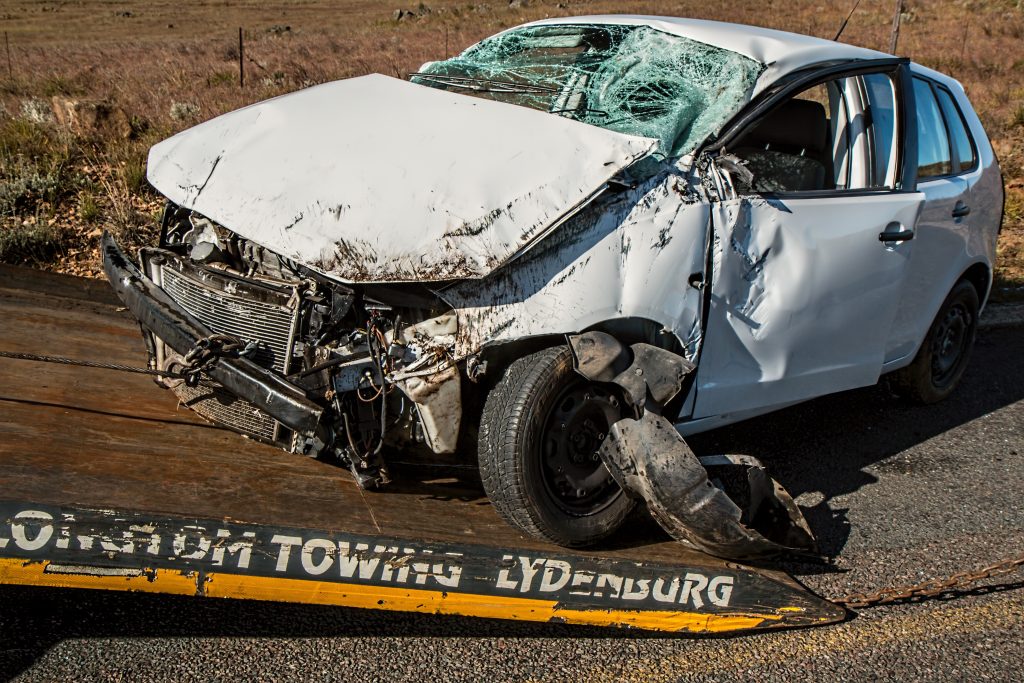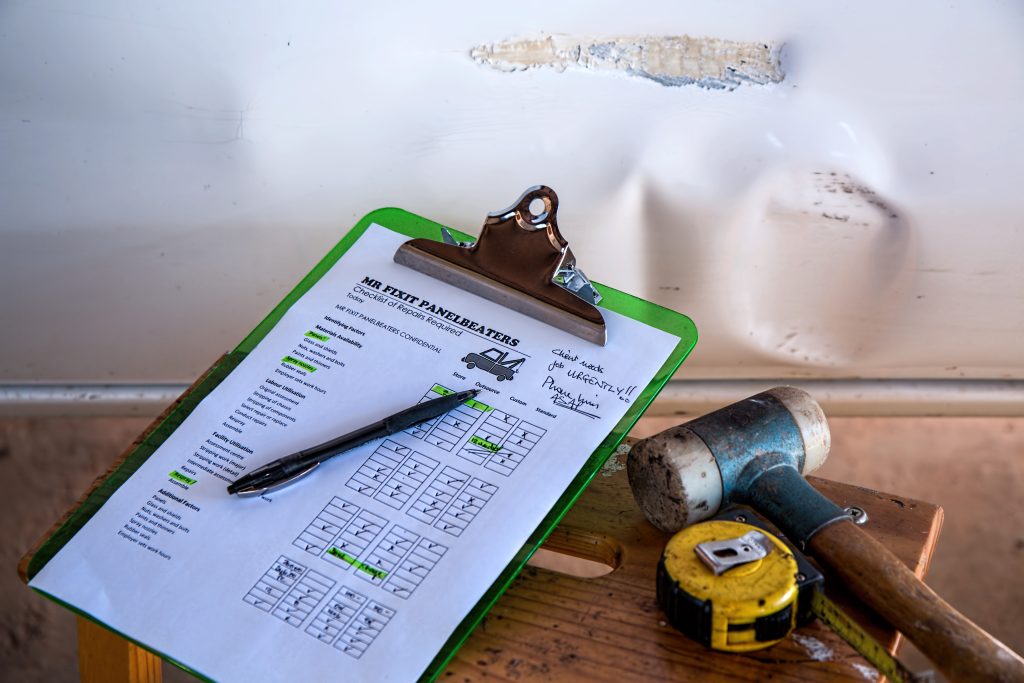 There are many ways that someone can be denied workers’ compensation benefits. Sometimes it is determined that the accident giving rise to the injury never occurred, other times the claim is filed too late, and in other cases the capacity in which the worker was hired determines eligibility for benefits. The last scenario is illustrated in a case brought to the New Orleans Office of Workers’ Compensation (“OWC”) in 2016.
There are many ways that someone can be denied workers’ compensation benefits. Sometimes it is determined that the accident giving rise to the injury never occurred, other times the claim is filed too late, and in other cases the capacity in which the worker was hired determines eligibility for benefits. The last scenario is illustrated in a case brought to the New Orleans Office of Workers’ Compensation (“OWC”) in 2016.
Federico Martinez was among several workers hired by Jarislov Rames to lower a washer/dryer unit from Rames’ second floor apartment to street level. During the operation, one of the cords used to lower the unit broke loose and lacerated Martinez’s hand.
After the job was finished, Rames drove Martinez to the emergency room and paid the up-front $500 fee for Martinez to receive stitches. When Martinez demanded payment for the washer/dryer job, Rames withheld the $500 from Martinez’s pay and told Martinez that the rest of the emergency room fee would be deducted from future payments.
 Louisiana Personal Injury Lawyer Blog
Louisiana Personal Injury Lawyer Blog


 It can be puzzling — if not outright humorous — to observe the warnings in many pharmaceutical advertisements about how a drug’s side effects can be so severe that the potential harms outweigh the possible benefits. What’s not at all funny is when one of those side effects causes a patient actual harm.
It can be puzzling — if not outright humorous — to observe the warnings in many pharmaceutical advertisements about how a drug’s side effects can be so severe that the potential harms outweigh the possible benefits. What’s not at all funny is when one of those side effects causes a patient actual harm.  How much of an award or compensation could a parent expect when a school board is found liable for inflicting trauma on a child? A trauma to a child would have a profound effect on the parent as well as the child. Is it not reasonable to expect the school board to pay for the emotional damages the parent suffered? Unfortunately for a Baton Rouge mother, her failure to include in her written pleadings a claim for general damages resulted in a finding of no damages despite trial testimony supporting her emotional distress. A superior lawyer always includes all possible claims in written pleadings to avoid this unfortunate outcome.
How much of an award or compensation could a parent expect when a school board is found liable for inflicting trauma on a child? A trauma to a child would have a profound effect on the parent as well as the child. Is it not reasonable to expect the school board to pay for the emotional damages the parent suffered? Unfortunately for a Baton Rouge mother, her failure to include in her written pleadings a claim for general damages resulted in a finding of no damages despite trial testimony supporting her emotional distress. A superior lawyer always includes all possible claims in written pleadings to avoid this unfortunate outcome.  We all try our best to avoid trouble, but sometimes fights happen. It may be best to avoid a brawl if you see one occurring. However, when you see your friend in a bind, human nature kicks in, and before you know it, you’re in an altercation that you never signed up for. If you are injured in a fight, proceed carefully when suing the party that caused your injuries. Ryan Martinez learned this lesson the hard way following the Louisiana First Circuit Court of Appeal ruling in the following case.
We all try our best to avoid trouble, but sometimes fights happen. It may be best to avoid a brawl if you see one occurring. However, when you see your friend in a bind, human nature kicks in, and before you know it, you’re in an altercation that you never signed up for. If you are injured in a fight, proceed carefully when suing the party that caused your injuries. Ryan Martinez learned this lesson the hard way following the Louisiana First Circuit Court of Appeal ruling in the following case. What happens when a motorist is injured in an automobile accident while operating a vehicle owned by an employer? While Louisiana law often permits named insured employees to receive reciprocal coverage under an employer’s insurer, insurance law is a complex and, at times, unclear field, especially in relation to uninsured/underinsured motorist coverage. In the case of Chris Loudermilk of New Roads, Louisiana, the Louisiana First Circuit Court of Appeal felt that Loudermilk was not permitted to recover under the language of his employer’s insurance policy.
What happens when a motorist is injured in an automobile accident while operating a vehicle owned by an employer? While Louisiana law often permits named insured employees to receive reciprocal coverage under an employer’s insurer, insurance law is a complex and, at times, unclear field, especially in relation to uninsured/underinsured motorist coverage. In the case of Chris Loudermilk of New Roads, Louisiana, the Louisiana First Circuit Court of Appeal felt that Loudermilk was not permitted to recover under the language of his employer’s insurance policy. When there’s no other option, bankruptcy is an effective tool to shield you from your creditors. But often, those filing bankruptcy do not consider how intrusive a bankruptcy can be. After filing bankruptcy, your remaining assets are put under a microscope by the bankruptcy trustee. Every transaction you make while in bankruptcy, and 90 or more days beforehand, are scrutinized, questioned, and may even be reversed.
When there’s no other option, bankruptcy is an effective tool to shield you from your creditors. But often, those filing bankruptcy do not consider how intrusive a bankruptcy can be. After filing bankruptcy, your remaining assets are put under a microscope by the bankruptcy trustee. Every transaction you make while in bankruptcy, and 90 or more days beforehand, are scrutinized, questioned, and may even be reversed. 

 In the wake of Hurricane Ida, there will be hundreds of thousands of insurance claims. Insurance companies will be overrun, but that’s no excuse for those companies to fail to pay your claims timely. Unfortunately, that’s not always how claims are handled.
In the wake of Hurricane Ida, there will be hundreds of thousands of insurance claims. Insurance companies will be overrun, but that’s no excuse for those companies to fail to pay your claims timely. Unfortunately, that’s not always how claims are handled. In a civil case, you do not have the classic “speedy trial” right. Instead, courts will seek expediency by granting summary judgments when appropriate. The purpose of summary judgment is to avoid frivolous and unnecessary trials, or at a minimum, to simply reduce trial time by dispensing of some claims. A motion for summary judgment may be granted upon a finding that there is “no genuine issue as to material fact and that the mover is entitled to judgment as a matter of law.”
In a civil case, you do not have the classic “speedy trial” right. Instead, courts will seek expediency by granting summary judgments when appropriate. The purpose of summary judgment is to avoid frivolous and unnecessary trials, or at a minimum, to simply reduce trial time by dispensing of some claims. A motion for summary judgment may be granted upon a finding that there is “no genuine issue as to material fact and that the mover is entitled to judgment as a matter of law.”